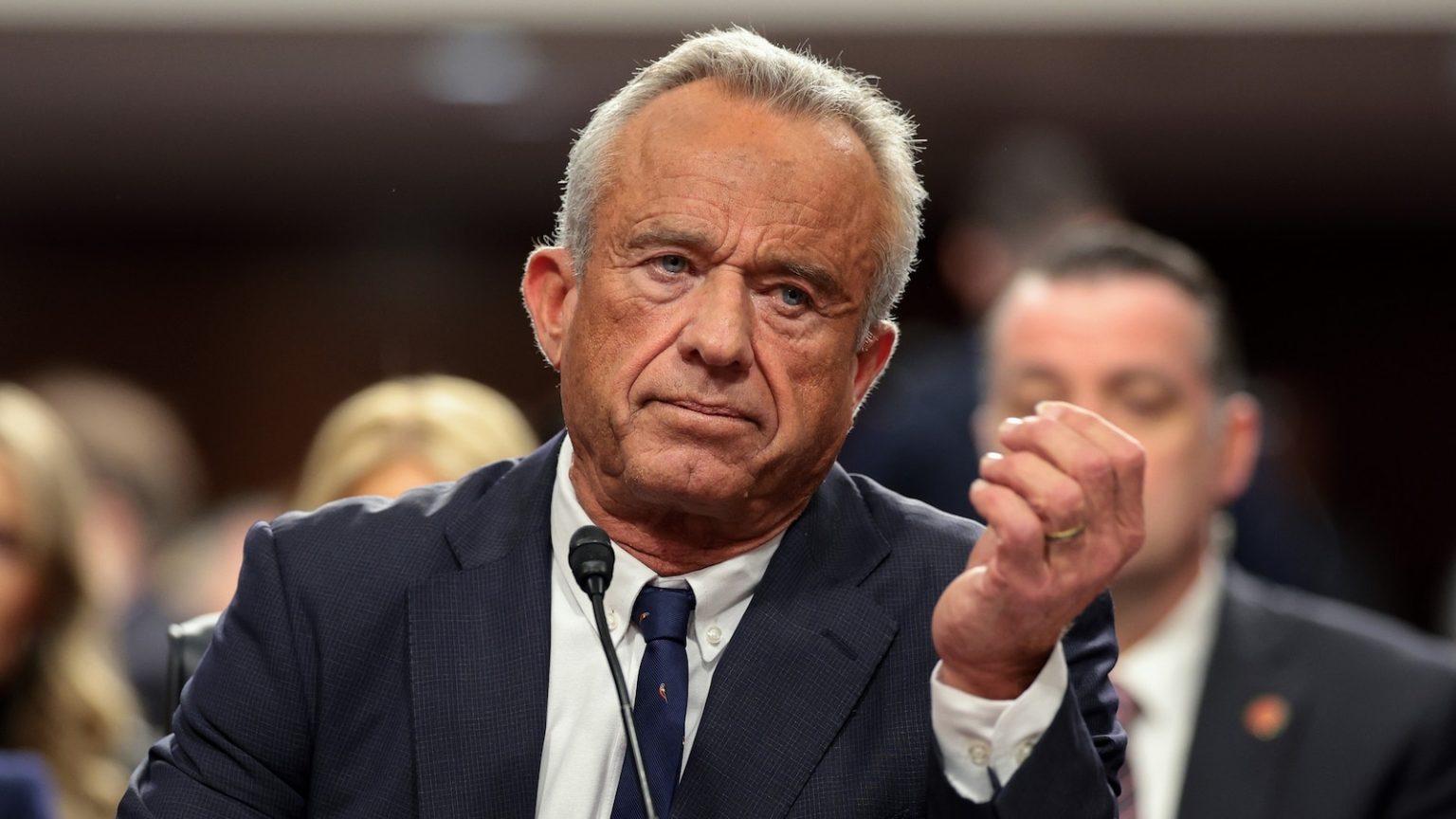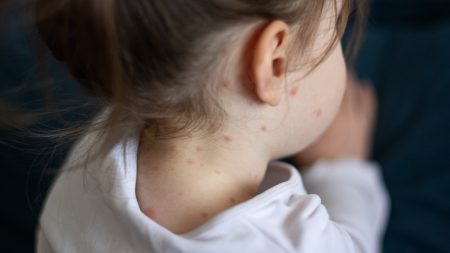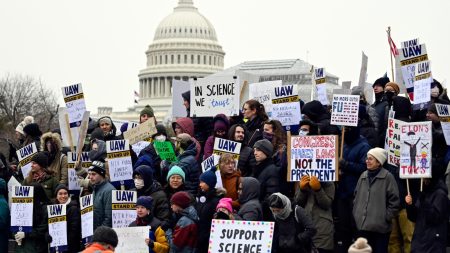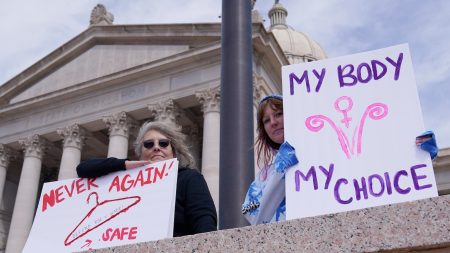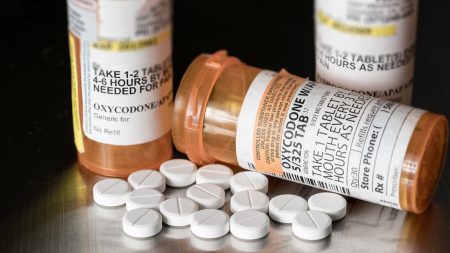Executive Order and the Formation of the "Make America Healthy Again" Commission
President Donald Trump recently signed an executive order establishing the "Make America Healthy Again" commission, chaired by Robert F. Kennedy Jr., the new Secretary of Health and Human Services. The commission’s primary goal is to investigate the use of antidepressants, antipsychotics, and obesity medications in children, based on the claim that these drugs may pose a "threat" to adolescents. This initiative has sparked both hope and concern among healthcare professionals, who recognize the importance of addressing chronic diseases but worry about the potential mischaracterization of necessary medications.
Expert Reactions and Concerns
Dr. Justin Ryder, a pediatric chronic disease expert, acknowledges the positive intent behind the order but expresses concerns about its approach. He emphasizes that medications are generally helpful, not harmful, and that focusing solely on medical treatments as the cause of chronic diseases is counterproductive. Dr. Joseph Saseen and Dr. Asim Shah, experts in clinical pharmacy and psychiatry, respectively, agree that the term "threat" oversimplifies the nuanced discussion of risks and benefits associated with these drugs. They argue that such language could unduly bias public perception and stigmatize necessary treatments.
Antidepressant Use in Children: Safety and Efficacy
Selective serotonin reuptake inhibitors (SSRIs) are a commonly prescribed class of antidepressants for children, backed by evidence showing their effectiveness in treating anxiety and major depressive disorder. Similarly, atypical antipsychotics and stimulants, while requiring careful dosing, are FDA-approved and considered safe for children when used appropriately. Experts stress that these medications are part of a comprehensive treatment plan that includes therapy and lifestyle changes, not a standalone solution. The use of terms like "threat" in the executive order risks overshadowing the proven benefits of these treatments.
Kennedy’s Claims and Expert Pushback
Robert F. Kennedy Jr. has drawn criticism for spreading misinformation, such as linking antidepressants to school shootings and claiming they are harder to quit than heroin. Both Saseen and Shah dismiss these assertions as unfounded, citing the rigorous testing and approval processes for mental health medications. Shah also notes that the vast majority of people with mental health issues are not violent, emphasizing the need to reduce stigma and improve access to care rather than demonizing medications.
Weight-Loss Medications and Obesity Treatment
The executive order also targets obesity medications, with Kennedy advocating for nutrition-focused solutions over medical interventions. However, experts explain that weight-loss drugs are not used in isolation but as part of a broader strategy that includes diet and exercise. Ryder points out that medications like Wegovy and Zepbound are FDA-approved for children and are effective when combined with lifestyle changes. The American Academy of Pediatrics supports their use as one tool among many in addressing obesity.
Conclusion: Balancing Concerns and Solutions
While the executive order reflects a valid concern about chronic diseases, its framing of certain medications as a "threat" risks misleading the public and undermining trust in necessary treatments. Experts call for a balanced approach that recognizes the value of these drugs while advocating for comprehensive care that includes nutrition, therapy, and lifestyle interventions. By fostering collaboration between policymakers and healthcare professionals, the commission can advance meaningful solutions without compromising the well-being of children who rely on these medications.





